I see Henry* at the conference, a wonderful composer and someone who has championed the field of new music as well as other composers. I take his elbow warmly.
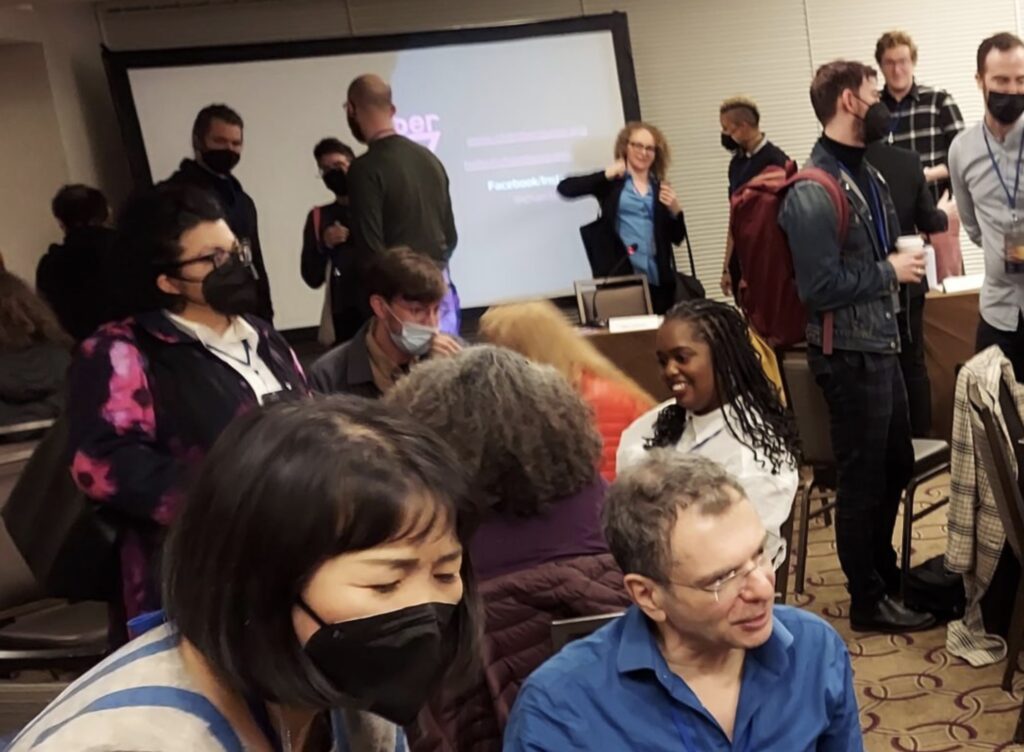
Smiling, Henry turns to me from his conversation with a tall man who’s name I don’t catch. His friend interrupts our greeting. “I have to finish this conversation,” he says, and animatedly continues his long story about a job application as a composer that had not gone well.
“And then,” he finally finishes, “they hired a woman!” He pauses and names the composer. “This job was a fit perfect for my talents. Instead, they hired a woman.”
Henry knows her. “She is a wonderful composer,” he counters, “and she will be fabulous at this job.”
His friend shakes his head. All jobs are going to minority and gender diverse candidates; white men are being pushed out. I am flooded with thoughts.
I began my composing career in a music world governed by the idea of excellence – that the best candidate should get the job, the commission, or the performance. The catch, however, was who was determining this “excellence” and what the criteria was. I quickly learned that “excellence” included which school you attended, who you studied with, what kind of music you were composing, and finally, gender and race.
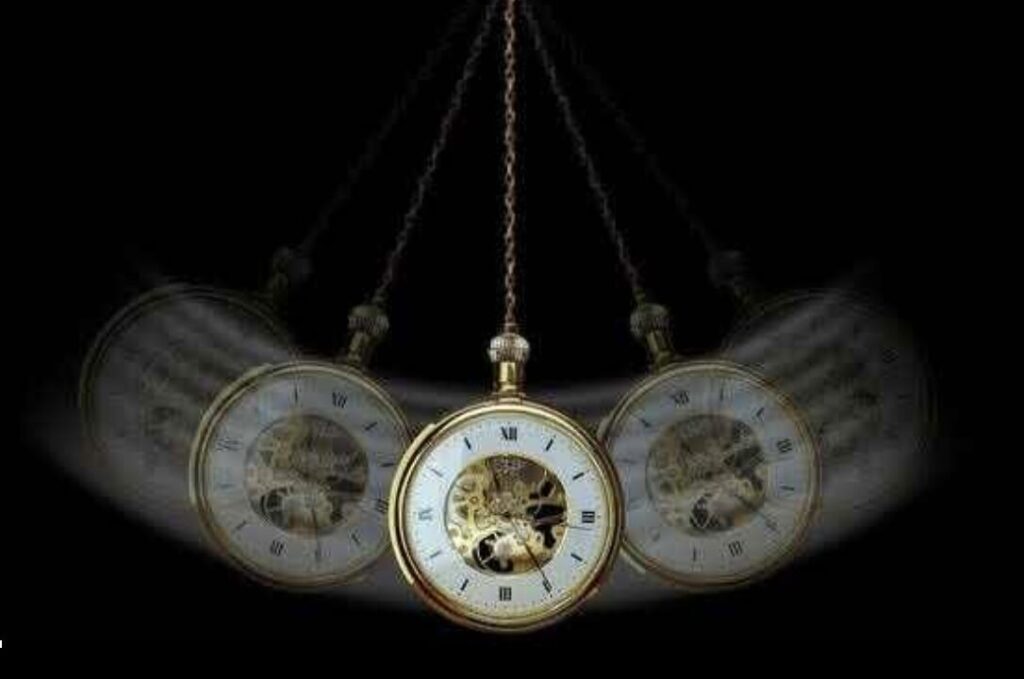
Fortunately, we are in a different time. Now, music institutions know that to survive they must find new connections with their audiences, as well as represent the broader community. Part of that work is to offer opportunities to minority and gender diverse composers and support those who have been hidden in the shadows.
But there is something else. Historically there have been no women composers as well known as Mozart, Beethoven and Brahms. For many reasons women were not encouraged or often ignored. But more importantly, they didn’t have opportunities to hear their music – a vital link to their growth and maturity as a composer.
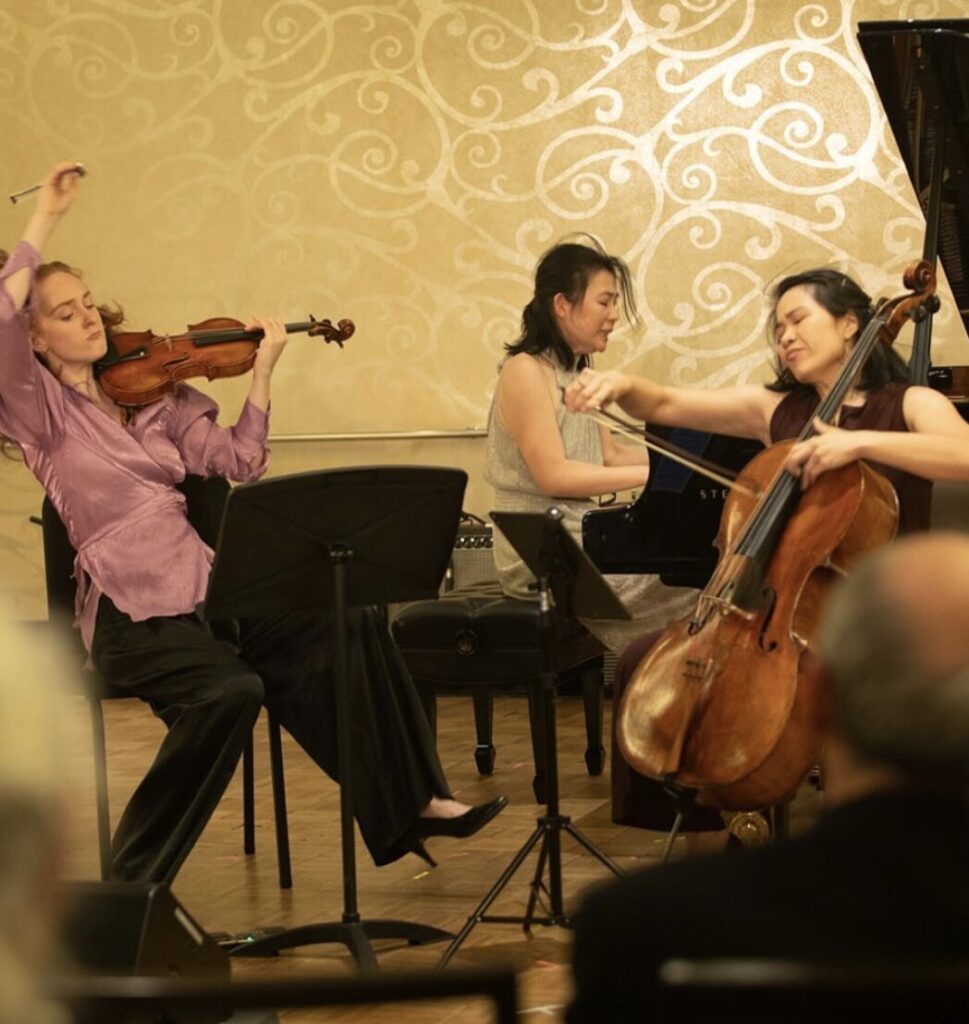
Music doesn’t fully exist independent of performance. Unlike literature or art, music is incomplete until it goes under the fingers of a performer, who wrestle with translating and bringing it into life. Even then, the work is not fully realized until it is in front of an audience. Something magical happens to the work in this communication, this transfer to the ears of the listener. And it is where I learn, evaluate, and move onto the next project with increased wisdom. Without the performance of my work, my progress is hindered and only half completed.
In truth, there are always winners and losers in the face of opportunity. The pendulum sways back and forth. I have lived through the shift of dominance of university composers (mostly white men), the push for representation of women, the activation of composers in community settings, and now the inclusion of DEI. I am thrilled at where we are, and where we are moving to. This music field – this thing I love, will be greatly enhanced.
I applaud these opportunities to marginalized composers to speak, hear and learn. As their voices join with others, we cultivate a rich, diverse artistic field which will, over time, speak to and for all of us.
- Not his real name.

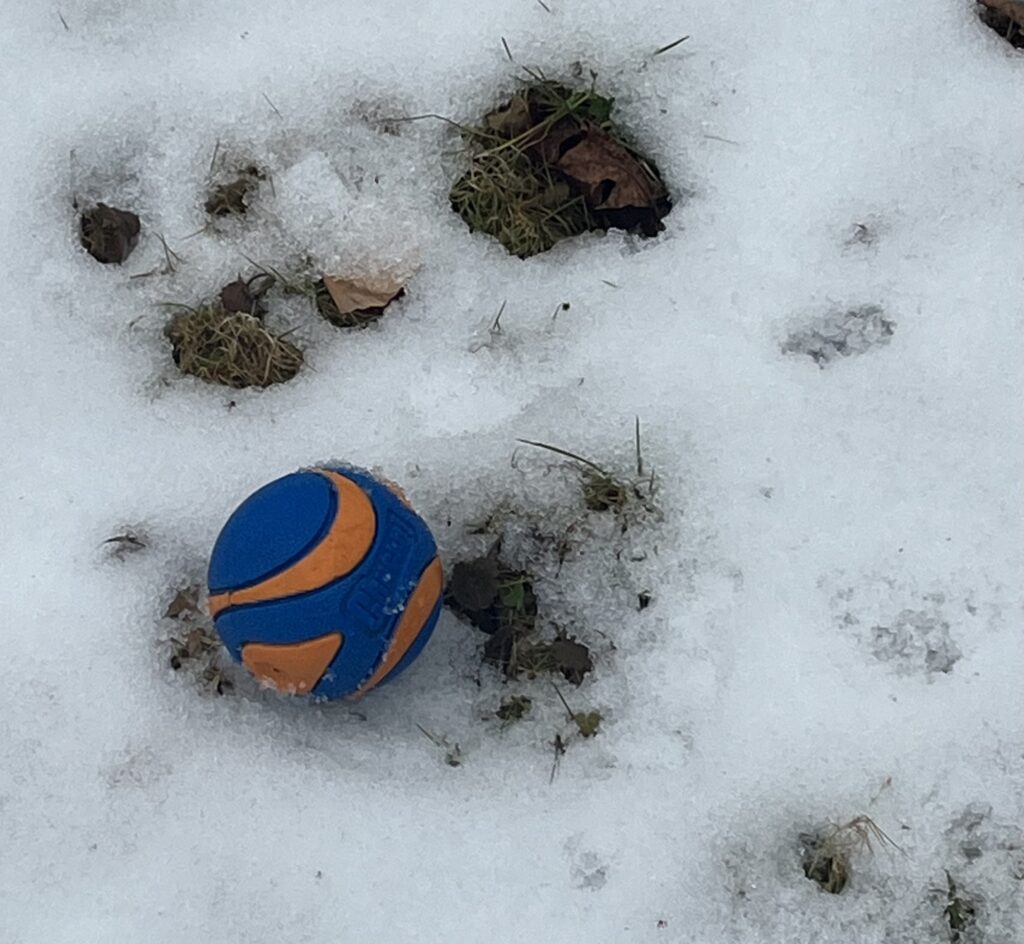






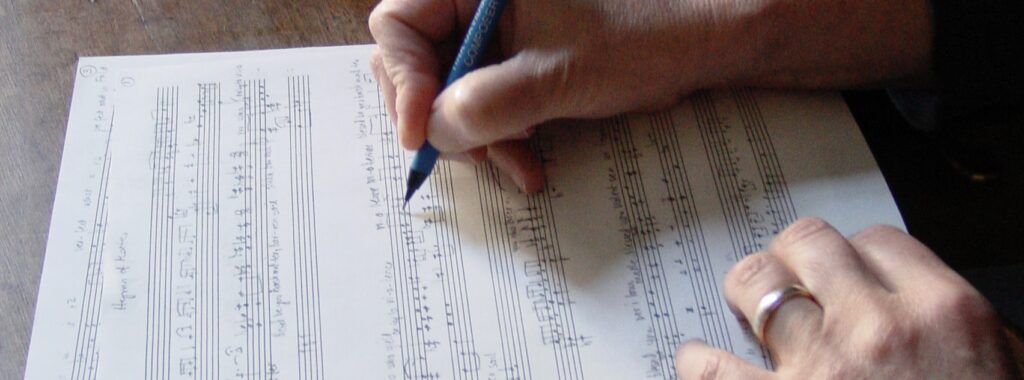
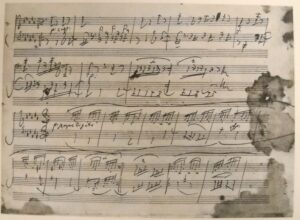 of his playing, however, distracts me. What is it about the escalating speeds in performances of musical works?
of his playing, however, distracts me. What is it about the escalating speeds in performances of musical works?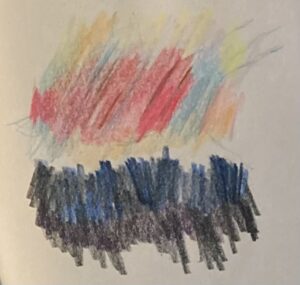 In other words, once a barrier is broken, it becomes a standard. A gifted athlete – or prodigy performer – creates a new marker of normal.
In other words, once a barrier is broken, it becomes a standard. A gifted athlete – or prodigy performer – creates a new marker of normal. Last year, I was in rehearsals with the Jasper String Quartet and Natalie Zhu. We were preparing for the the recording of my latest album, Barefoot. The quartet were playing my difficult work beautifully; seamlessly moving through the tricky meter changes and the rambunctious middle section.
Last year, I was in rehearsals with the Jasper String Quartet and Natalie Zhu. We were preparing for the the recording of my latest album, Barefoot. The quartet were playing my difficult work beautifully; seamlessly moving through the tricky meter changes and the rambunctious middle section. There are plenty of examples of badly behaved composers. Gesualdo committed a gruesome murder and mutilation of both his wife and her lover, Beethoven was famously temperamental and more than a bit abusive to his nephew, and Wagner was a fervent anti-Semite. Scriabin was a pathological narcissist who imagined himself a god and Mussorgsky was a raging, out-of-control alcoholic who idealized his addiction. Closer to home, I know many good composers I would rather not spend any time with.
There are plenty of examples of badly behaved composers. Gesualdo committed a gruesome murder and mutilation of both his wife and her lover, Beethoven was famously temperamental and more than a bit abusive to his nephew, and Wagner was a fervent anti-Semite. Scriabin was a pathological narcissist who imagined himself a god and Mussorgsky was a raging, out-of-control alcoholic who idealized his addiction. Closer to home, I know many good composers I would rather not spend any time with.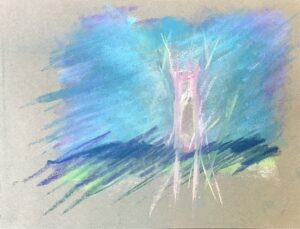 “Without music, I am plain and unremarkable. I shop, eat, dally about, think foolish thoughts, peer into the mirror. I hate, I love, I sleep, I anguish—nothing special. But when focused on writing music, I am a channel, a beam of light – I am a passageway for what must come out. My entire person comes together in a pulse, condensed and absorbed. The work follows me everywhere. I hear it in the bathroom, while I am cooking, as I fall asleep. There is always this murmur, this whisper.” (page 47)
“Without music, I am plain and unremarkable. I shop, eat, dally about, think foolish thoughts, peer into the mirror. I hate, I love, I sleep, I anguish—nothing special. But when focused on writing music, I am a channel, a beam of light – I am a passageway for what must come out. My entire person comes together in a pulse, condensed and absorbed. The work follows me everywhere. I hear it in the bathroom, while I am cooking, as I fall asleep. There is always this murmur, this whisper.” (page 47)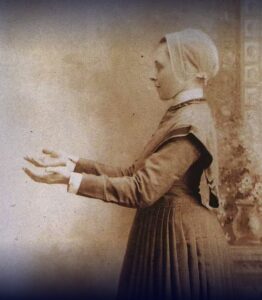 The relationship between my life, who I am and how I behave, and my work is inseparable. There is no slacking off in either regard. I am as flawed as the next person, but it is how I am accountable to and work on those flaws that matters.
The relationship between my life, who I am and how I behave, and my work is inseparable. There is no slacking off in either regard. I am as flawed as the next person, but it is how I am accountable to and work on those flaws that matters.